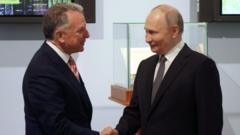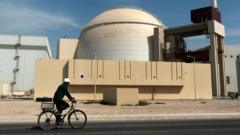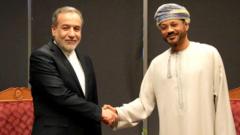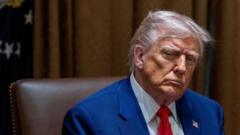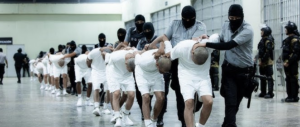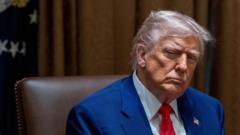In a significant political turn, Iran's Supreme Leader Ayatollah Ali Khamenei has agreed to entertain nuclear negotiations with the United States, a move prompted by escalating economic challenges and threats of military conflict.
Iran's Supreme Leader Shifts Stance on U.S. Nuclear Talks Amid Crisis

Iran's Supreme Leader Shifts Stance on U.S. Nuclear Talks Amid Crisis
Iranian officials successfully persuade Khamenei to consider negotiations as the economy falters and war risks loom.
Iran is grappling with a severe economic crisis, characterized by a sharply declining currency and shortages of essential resources, prompting high-ranking officials to urge Khamenei to reconsider his longstanding opposition to direct engagement with Washington. They stress that the survival of the regime hinges on initiating talks to prevent potential military action against its nuclear sites. Khamenei's previous hardline stance, labeling negotiations as foolish, is now facing pressure from within as the risks escalate.
As Iran confronts dire economic realities and the looming danger of war, top officials have impressed upon Khamenei that failure to negotiate could lead to military strikes aimed at Iran’s nuclear facilities, triggering retaliatory actions and exacerbating domestic discontent. Recognizing these threats, Khamenei's shift toward potential dialogue may reflect a critical juncture for the Islamic Republic in its strategy both domestically and internationally.
As Iran confronts dire economic realities and the looming danger of war, top officials have impressed upon Khamenei that failure to negotiate could lead to military strikes aimed at Iran’s nuclear facilities, triggering retaliatory actions and exacerbating domestic discontent. Recognizing these threats, Khamenei's shift toward potential dialogue may reflect a critical juncture for the Islamic Republic in its strategy both domestically and internationally.


